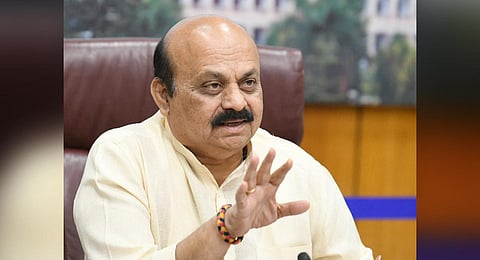

BENGALURU: Ahead of Budget 2023, experts are pointing out that Karnataka needs to tread cautiously on the issue of debt. During the last budget, Chief Minister Basavaraj Bommai had promised to bring down the size of debt, but debt burden is now almost Rs 5.45 lakh crore.
Former member of the National Finance Commission, Professor Govind Rao said, “The debt-GSDP (Gross Domestic Product) ratio needs to come down, or a large portion of revenue will go towards servicing the debt.’’
Considering polls are round the corner, any government will be looking to get elected, he said. “Another issue the government should consider is whether it has to run businesses or run the government, for example, the government is running businesses like a soap factory or silk factory. Karnataka is among the states enjoying the highest per capita income in India, leaving out small states like Goa or Sikkim, and while capital income declined across the country, it did not drop in Karnataka,’’ he said.
Any loan will burden the common man because in the end, a loan needs to be serviced, opposition leader in the Council BK Hariprasad said. “The government needs to be cautious while announcing freebies in the budget. The Centre’s treatment of Karnataka is stepmotherly -- while Uttar Pradesh’s contribution to the Union is much smaller, what it receives is much higher proportionally, as compared to Karnataka, which contributes so much more revenue. The budget needs to address all these issues.’’
With this attitude, the future will be difficult, former CM HD Kumaraswamy said. “Debt of Rs 5.5 lakh crore overburdens the government. If a government takes a loan and uses the amount to build capital assets, it is okay, but if the amount is used to finance different yojanas yielding 30%-40% commission, it is sad. In any case, this budget is of no value because the government’s term is ending,” he said.
If borrowing increases, it means resources have to be diverted from productive welfare schemes to paying debts, Prof Subhashini Muthukrishnan said. “If the state is going to borrow more, it means dependence on indirect taxes will be more regressive, and the burden will fall on the poor. Effective devolution of finances could be one answer, otherwise states could be forced to borrow.’’